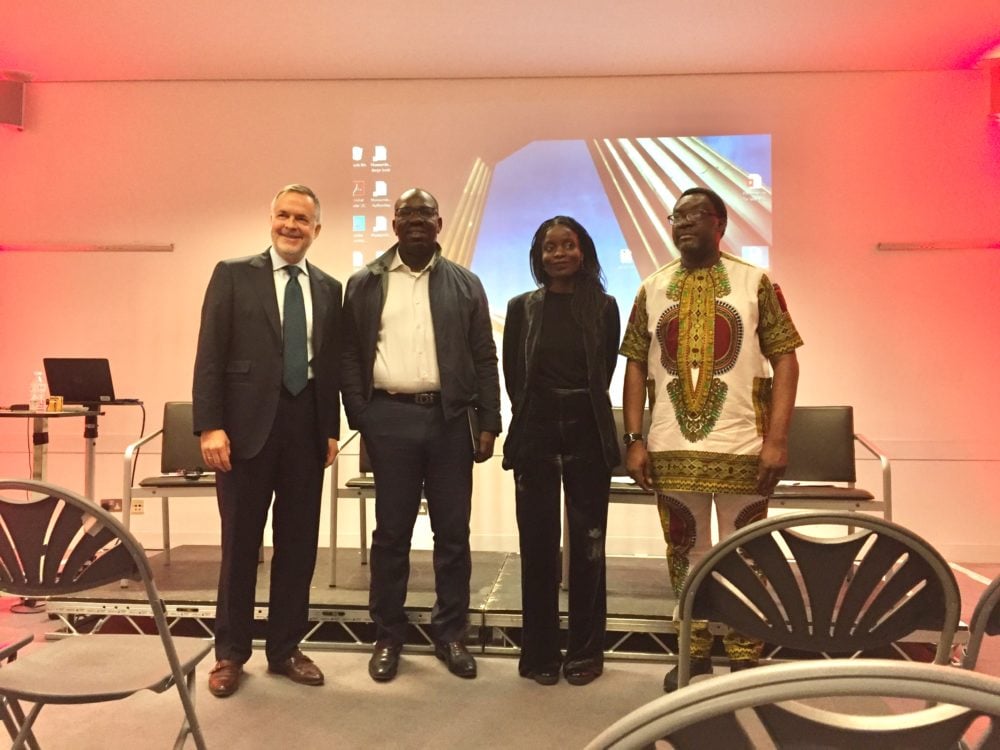
Nigerian officials have asked the British Museum to return what is believed to be the first object taken from the country during the colonial period.
The subject of the restitution request is a historic wood carving known as the Lander Stool, after the explorer Richard Lander, who removed it in 1830.
A statement from Lagos State authorities says that the stool “represents the very beginning of a colonial story that led to the formation of the Royal Niger Company and ultimately the colonial state of Nigeria.”
Officials presented a formal request to the British Museum on February 1, asking for the Lander Stool as part of a wider loan of objects to a forthcoming museum.
The announcement was made to the press by the culture commissioner for Lagos State, Steve Ayorinde, who explained that “a befitting home” for the artifact is nearing completion in Lagos. The John K. Randle Center for Yoruba Culture and History, which is 85 percent done, is slated to open this spring. The Lander Stool, which is currently in storage at the British Museum, would be a focal point of the opening exhibition.
The Lander School. Photo courtesy the British Museum.
Designed by the architectural firm SI.SA, the John K. Randle Center has been fully funded by the Lagos State government, and the British Museum is partnering on the project. Organizers promise the “world-class facility” will be a place where the Yoruba people can “reclaim their heritage from a colonial narrative.” One of the architects for the project, Sean Oduwole, said in a statement that reclaiming objects from the British Museum would be a “huge deal,” that would “give Nigerians the opportunity to see their lost history.”
Speaking at the British Museum, Ayorinde said the Lander Stool is just the first key artifact Nigeria will be requesting, noting that there discussions are also unfolding with the Musée du quai Branly in Paris. “Africa is now taking seriously the need to have befitting homes and facilities and structures that can welcome what we believe will be the beginning of the return of some of the works that are here,” he said.
Rather than taking the approach of some other African countries—Senegal’s culture minister recently called on France to return every single Senegalese object in its national collection—the Lagos State government is looking at restitution on a case-by-case basis, and is also open to the possibility of accepting loans. This is the most likely scenario with the British Museum, as it legally cannot deaccession objects from its collection.
Speaking at the conference, British Museum director Hartwig Fischer said the museum has been in touch with representatives in Lagos for “quite some time” and that it has been “a very inspiring dialogue.”
“From the very beginning, the idea of working together has also included the possibility in engaging in an exchange, of having objects presented at the JK Randle Center, and developing this part of the collaboration,” Fischer said.
The flashy museum will be the centerpiece of a proposed arts district that will include further museum projects. The state has already received $600,000 in funding from the Ford Foundation for the design of Lagos Museum Project, which Ayorinde says will take up to three years to develop, and which will be located at the Presidential Lodge and Lagos House in Marina.